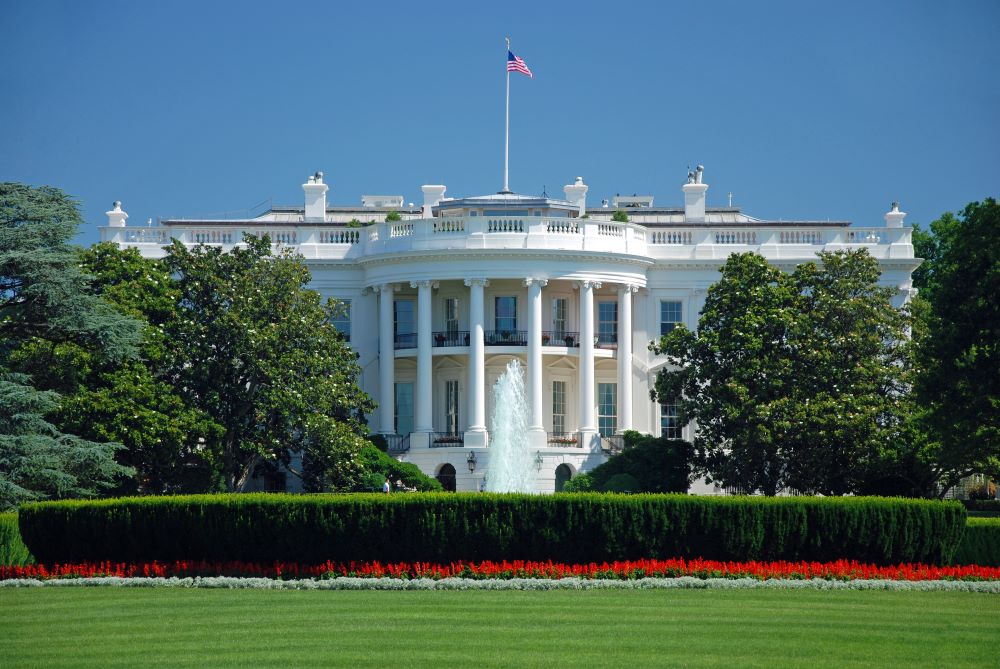
The US wants to form an economic framework that goes beyond the Comprehensive and Progressive Agreement for Trans-Pacific Partnership (CPTPP), a leading White House official has said.
In her first official visit to Asia, US commerce secretary Gina Raimondo said the US envisions an economic framework that “could be even more robust in some ways than the traditional free trade agreement”.
In Tokyo on the first day of a three-day visit, Nikkei Asia reports that Raimondo reiterated the Biden administration’s position that the original Pacific trade agreement “is not something that America would be part of at this time”.
Friendly approach
She said the US is open to a cooperative framework with Japan and other friendly nations that oversees a wide range of areas, including digital technology and supply chains.
Biden unveiled plans for an Indo-Pacific economic framework at the East Asia Summit, held virtually in late October.
Dumped by Trump
The US was an initiator of the CPTPP’s forerunner, the Trans-Pacific Partnership (TPP).
President Obama signed up to the regional trade agreement in 2016 as a way of counteracting China’s growing influence in the Asia-Pacific.
However, President Trump withdrew the US from the treaty in 2017 and it never entered into force.
The agreement was replaced with the CPTPP, which the UK is trying to join. China has also announced its interest in becoming a member.
Metal tariffs
During Raimondo’s trip to Japan, officials agreed to establish the Japan-US Commercial and Industrial Partnership to tackle issues such as supply chain bottlenecks, the global microchip shortage and clean energy.
Raimondo said she wants to resolve the issue of American tariffs on Japanese steel and aluminium, as well as cooperating to tackle excess capacity in the Chinese steel industry.
“We want to work with Japan against the Chinese excess capacity and to protect our industry and your industry,” Raimondo said.



